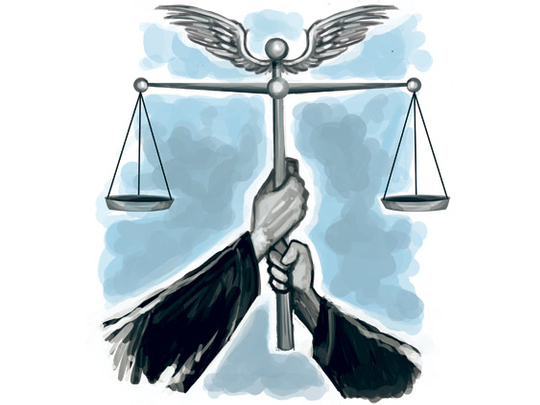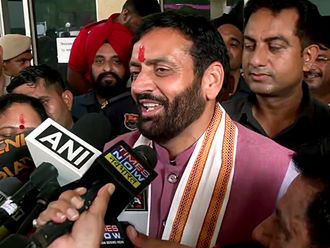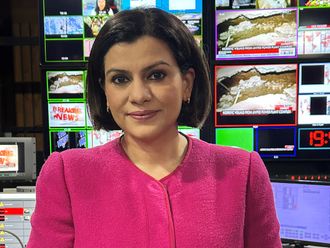
The third runway at Heathrow has been cancelled. ID cards have been scrapped. There will be no more child detention. And reform is now under way to make taxes fair for millions of ordinary people.
These are some of the early achievements of a government that had its first Cabinet meeting just five days ago. A new government but, more important, a new kind of government: plural, diverse; a Liberal Democrat-Conservative coalition that defies the rules of old politics.
I know the birth of this coalition has caused much surprise, and, with it, some offence. There are those on both the left and right who are united in thinking this should not have happened. But the truth is this: there was no other responsible way to play the hand dealt to the political parties by the British people at the election. The parliamentary arithmetic made a Lib-Lab coalition unworkable, and it would have been regarded as illegitimate by the British people. Equally, a minority administration would have been too fragile to tackle the political and economic challenges ahead.
So, given that the people told us, explicitly, that they didn't want just one party in charge, we had a duty to find a way for more than one party to govern effectively. And we have.
That's the pragmatic analysis. But what I think has surprised all of us in the government last week is the strength of the agreement on principle, too. No government — whether it's a coalition of parties, or a coalition of rivalries as in the Blair-Brown governments — is able to survive without a core set of common assumptions and aspirations.
David Cameron and I both understand that this government's unifying realisation is that power must be dispersed more fairly in Britain today: from the Whitehall centre to communities; into the hands of patients, parents and pupils in public services; protecting the rights and freedoms of people from arbitrary state interference; mobilising social mobility through greater fairness in the tax and school system. In short, distributing power and opportunity to people rather than hoarding authority within government.
That is why this government will transform the tax system, allowing people on low and middle incomes to keep more of the money they earn. By making cuts elsewhere in government, we will be able to provide the financial support for Britain's "pupil premium", helping thousands of children who still don't get the individual support they need in school. Education is everything in the creation of a truly mobile society.
We will open up opportunity in Britain's economy, too. The immediate challenge is to tackle the looming deficit. Unpopular decisions will have to be taken in the months and years ahead to fill the black hole in Britain's finances. The challenge for the government will be to do so while always seeking to protect the vulnerable, frontline services, and confidence in Britain's economy. But we can also start to build a new economy, just as we clear up the mess left behind from the collapse of the old. George Osborne and Vince Cable will be developing plans to reform Britain's broken banking system, so that bank lending supports the real economy and banks no longer take unjustified risks. Instead, we will support sustainable growth, balanced across all industries and across all regions, and promote the green industries that are so essential for Britain's shared future.
Decentralisation
We will oversee the radical dispersal of power away from Westminster and Whitehall to councils, communities and homes across the nation. So that, wherever possible, people make the call over the decisions that affect their lives. And, crucially, the relentless incursions of the state into the lives of individuals that has characterised the last 13 years ends here. From rolling back excessive surveillance, to ending the criminalisation of innocent people, we will restore and protect Britain's hard-won civil liberties.
I call that agenda liberalism. Others may have other names for it, but whatever terms you prefer, this is Britain's best guarantee of a fair society. That is the case I have argued my whole political life. Yes, as the coalition moves ahead there will be bumps and scrapes along the way; there has already been significant compromise from both sides and there will of course need to be more. And, no, we do not yet have all of the answers to the inevitable questions that lie ahead. While we will be open about our differences, we also know that our strength — the strength now needed to deliver the change needed in Britain — depends on being the sum of our parts. And from our different traditions we can pursue one simple, shared aim: this will be the government that re-empowers the British people.
— Guardian News & Media Ltd











